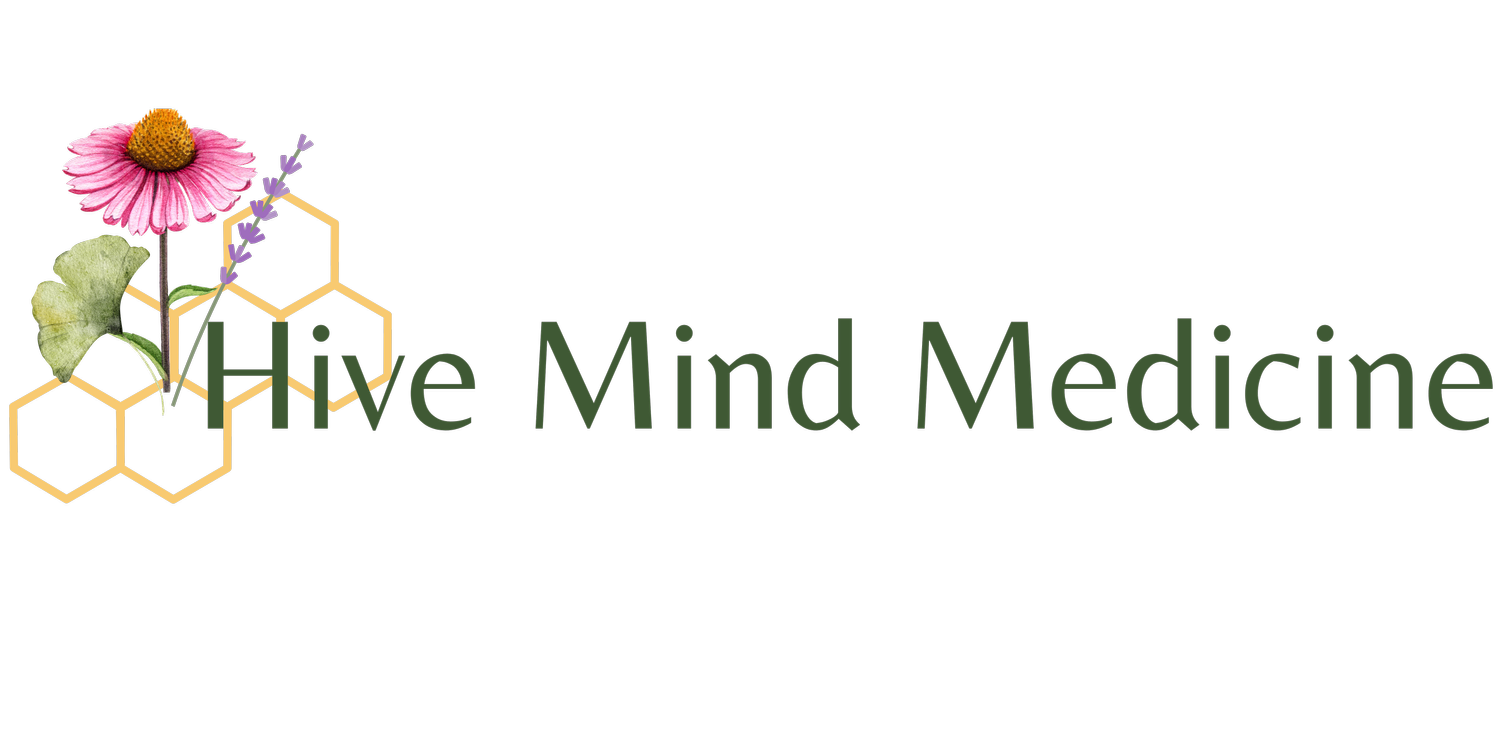The Power of Touch
by Cameron Craw, ND
We live in a society that is not well oriented towards physical contact. A common greeting involves, at most, a firm handshake. Hugging is relatively uncommon, unless you are greeting a close friend or family member that you haven't seen for some time. Many of us who don't live with a significant other may go days without any substantial physical contact with another person.
What are the consequences of limited touch on human wellbeing? What might more touch be able to offer us? How can we bring more therapeutic touch into our lives? These are the questions I hope to answer in the paragraphs below.
A now famous study, conducted in eastern Europe, followed infant orphans raised in understaffed orphanages. These infants struggled with impaired growth and cognitive development, as well as an increased occurrence of infection and interpersonal attachment disorders. Through subsequent research, we now know that these negative effects are not broadly due to a lack of substantive care (nourishment, hygiene, medicine, etc.) but specifically due the lack of tactile (touch based) stimulation. As young humans, we require physical contact almost as much as we require food and shelter if we hope to actualize healthy growth and development.
As we grow up, we demonstrate the ability to tolerate less touch in our lives without developing severe signs of dysfunction such as those seen in infants; however, this does not mean that touch is no longer important. Just the simple act of hugging can have profound effects on our physiology including reduced cortisol levels, reduced susceptibility to illness, and improved cardiovascular function. Of course, there are also psychological benefits of safe, consensual touch. It strengthens our ability to bond with others and establish a sense of connection and belonging. There is simply no reason to think that we grow out of our need for touch as we age; rather, it appears that we grow more by leaning in to it.
So how can we get more touch in our lives? How can we take advantage of its therapeutic benefits? Here are three good options:
1. Exercise/Self-Soothing Touch
Though you won't get the unique social benefits available through various forms of interpersonal touch, there are several ways to increase tactile stimulation without the help of another. Moving your body during exercise generates sensory stimulation throughout the skin, joints, and musculature that can impart many of the physiologic benefits available through interpersonal touch. As you wind down after exercise or before you go to bed, consider engaging in your favorite form of self-soothing touch such as stretching, dry skin brushing, or myofascial release (often referred to as "foam rolling"). These self-guided practices are relaxing to the nervous system due to their gentle and predictable nature. They also tend to promote metabolic waste removal and a sense of self-worth.
2. Animal Companionship
Our domestic animal companions love to be touched. This is no coincidence. Our pets, just like us, crave physical contact for all its physiological and psychological healing potential (even if they don't "think" about it in exactly this way). The next time you see a dog or a cat that shows those familiar signs of excitement at the prospect of a scratch behind the ears, give them exactly what they want and more. It's truly a win-win situation.
3. Moderate Pressure Massage
A recent massage therapy research review article listed the following as known benefits from moderate pressure massage: reduced pain in different syndromes including fibromyalgia and rheumatoid arthritis, enhanced attentiveness (helpful for conditions like attention deficit hyperactivity disorder [ADHD]), reduced depression, reduced anxiety, enhanced immune function, increased vagal activity, and decreased cortisol levels (A.K.A. reduced stress). Though this list is impressive, it is surely incomplete.
With well practiced hands guided by an educated mind, many things are possible. If you can get professional massage on a regular basis, your body and mind will thank you. If you can't, seek out the healing hands of your friends and family for a quick shoulder rub. They will benefit too for one cannot touch without being touched.
Frank DA, Klass PE, Earls F, Eisenberg L. Infants and young children in orphanages: one view from pediatrics and child psychiatry. Pediatrics. 1996;97(4):569-578.
Casler L. The effects of extra tactile stimulation on a group of institutionalized infants. Genet Psychol Monogr. 1965;71:137-175.
Hopper HE, Pinneau SR. Frequency of regurgitation in infancy as related to the amount of stimulation received from the mother. Child Dev. 1957;28(2):229-235. doi:10.1111/j.1467-8624.1957.tb05978.x
Dreisoerner A, Junker NM, Schlotz W, et al. Self-soothing touch and being hugged reduce cortisol responses to stress: A randomized controlled trial on stress, physical touch, and social identity. Compr Psychoneuroendocrinol. 2021;8:100091. Published 2021 Oct 8. doi:10.1016/j.cpnec.2021.100091
Cohen S, Janicki-Deverts D, Turner RB, Doyle WJ. Does hugging provide stress-buffering social support? A study of susceptibility to upper respiratory infection and illness. Psychol Sci. 2015;26(2):135-147. doi:10.1177/0956797614559284
Grewen KM, Anderson BJ, Girdler SS, Light KC. Warm partner contact is related to lower cardiovascular reactivity. Behav Med. 2003;29(3):123-130. doi:10.1080/08964280309596065
Field T. Massage therapy research review. Complement Ther Clin Pract. 2014;20(4):224-229. 7 doi:10.1016/j.ctcp.2014.07.002
Dr. Craw is Hive Mind Medicine’s resident for the 2023/24 academic cycle. He received his doctorate in Naturopathic medicine at the National University of Natural Medicine (NUNM) in 2023. He is currently completing a master’s degree in acupuncture. Prior to graduation, Dr. Craw spent three terms on Dr. Sandberg-Lewis's Gastrointestinal Mentor Shift.
Hive Mind Medicine blog posts are for educational purposes only and are not intended as medical advice. Please consult with your health care practitioner for personalized guidance.
